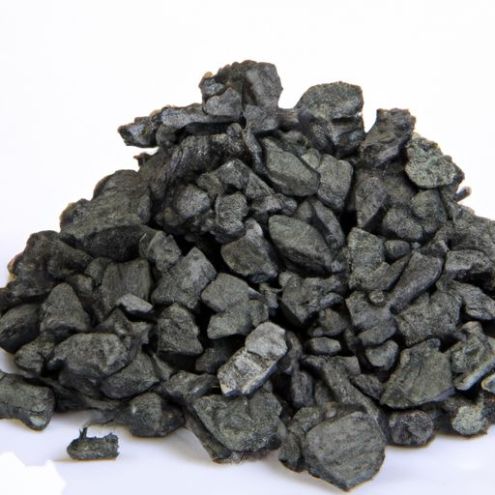Table of Contents
The Benefits of Using Coke in Industrial Processes
 Coke is a carbonaceous material produced by the destructive distillation of Coal in the absence of air. It is a vital component in various industrial processes due to its high carbon content and low impurities. There are different types of coke available in the market, including coke, lam coke, 18-35mm coke, and petroleum coking coal semi. Each type has its unique properties and applications, making them suitable for different industries.
Coke is a carbonaceous material produced by the destructive distillation of Coal in the absence of air. It is a vital component in various industrial processes due to its high carbon content and low impurities. There are different types of coke available in the market, including coke, lam coke, 18-35mm coke, and petroleum coking coal semi. Each type has its unique properties and applications, making them suitable for different industries.
One of the primary benefits of using coke in industrial processes is its high carbon content. Coke is composed of over 90% carbon, making it an excellent fuel source for high-temperature applications. When burned, coke produces a clean and intense heat that is essential for processes such as smelting, metalworking, and power generation. Its high carbon content also makes coke an ideal reducing agent in chemical reactions, where it can help remove oxygen from metal ores to produce pure metals.
In addition to its high carbon content, coke also has low impurities, such as sulfur and ash. This purity makes coke a preferred fuel source in industries where the presence of impurities can affect the quality of the final product. For example, in the steel industry, coke is used in blast furnaces to produce molten Iron, which is then converted into steel. The low sulfur content of coke helps prevent the formation of sulfur compounds in the steel, which can weaken its mechanical properties.
Another benefit of using coke in industrial processes is its consistency and uniformity. Coke is produced through a controlled process of carbonization, which ensures that each batch of coke has the same properties and characteristics. This consistency is crucial in industries where precise control over the fuel source is necessary to maintain product quality. For example, in the Cement industry, coke is used as a fuel in kilns to produce clinker, a key ingredient in cement production. The uniformity of coke ensures that the kiln operates efficiently and produces consistent clinker quality.
Furthermore, coke is a cost-effective fuel source for industrial processes. Its high carbon content and low impurities make it an efficient fuel that can generate a significant amount of heat energy per unit weight. This energy density reduces the amount of coke required for a given process, resulting in lower fuel costs for industrial operations. Additionally, the consistency and uniformity of coke help minimize waste and optimize fuel consumption, further reducing overall production costs.
In conclusion, coke is a valuable resource in industrial processes due to its high carbon content, low impurities, consistency, and cost-effectiveness. Whether used as a fuel source in high-temperature applications or as a reducing agent in chemical reactions, coke plays a crucial role in various industries, including steelmaking, cement production, and power generation. Its unique properties and applications make coke an essential component in modern industrial processes, where efficiency, quality, and cost-effectiveness are paramount.

